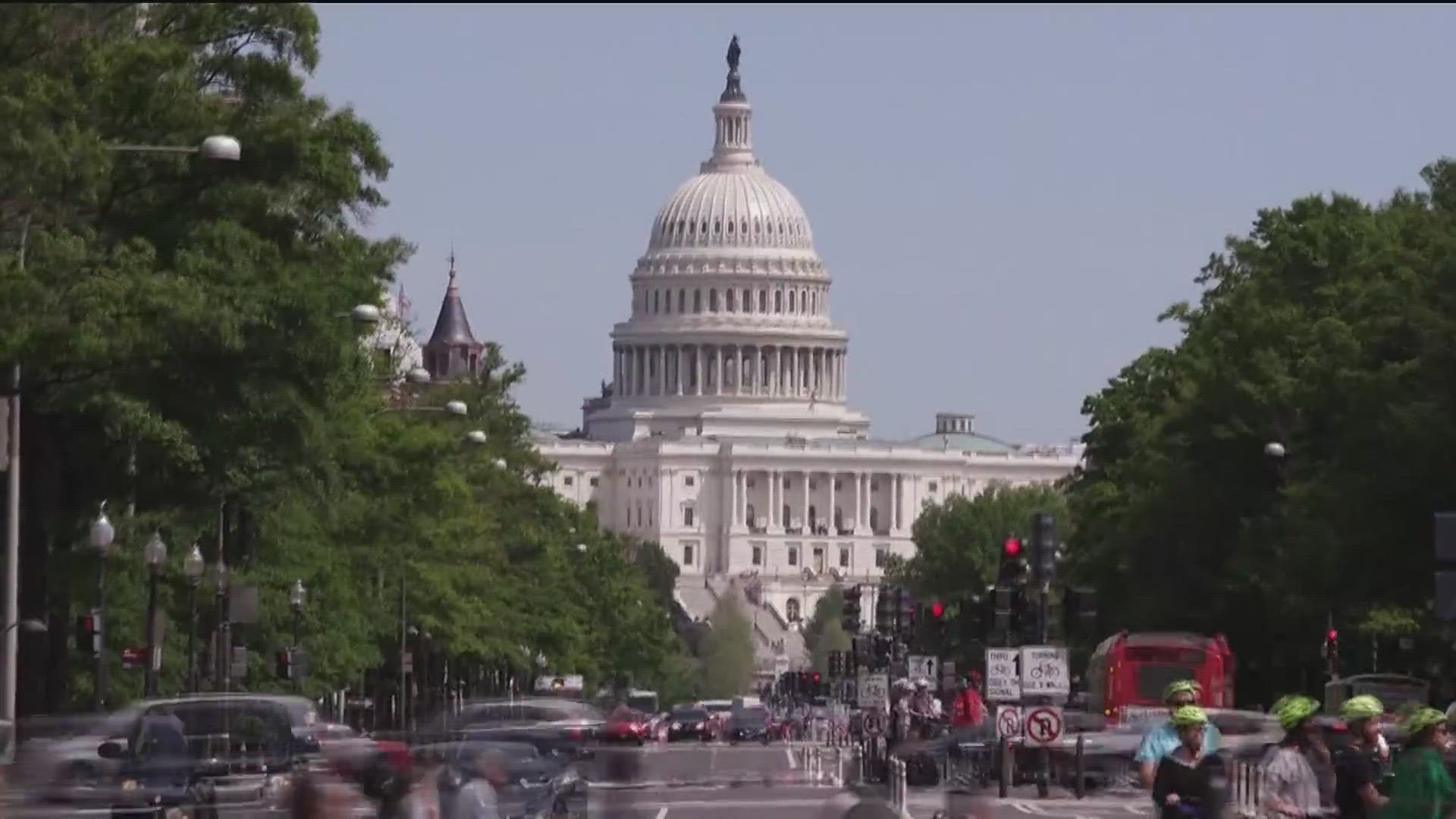ATLANTA -- America's political scene is looking a little different after Tuesday's Nov. 7 election.
Democrats seized the governor's mansions in New Jersey and Virginia and won dozens of other big races, adding new faces to city offices and state legislatures.
Here in Georgia's legislature, the party also grabbed two House seats and a Senate seat held by Republicans in largely GOP districts during the special elections -- ones Democrats didn't even try to compete in in years past. Georgia House District 117 was claimed by Democrat Deborah Gonzales. Meanwhile, Democrat Jonathan Wallace beat his opponent for Georgia House District seat 119. Republicans ran unopposed for those two seats, outside Athens, in 2012, 2014, and 2016.
MORE | Election results
Here in metro Atlanta, a Democrat will win the Georgia Senate's 6th District seat, another Republican stronghold. Republican Hunter Hill was elected to that seat in 2012, but he resigned this year to run for governor. Democrats Jaha Howard and Jen Jordan will face off in a Dec. 5 runoff.
It's not a big deal just because it's unusual, but after Tuesday night, Republicans will no longer have a super-majority in the Georgia Senate. There are 56 seats in the Georgia Senate. Up until last night, Republicans held 37 of them, or a two-thirds majority. But with a guaranteed win in the 6th District, Republicans have been bumped to 36 seats, no longer that two-thirds majority.
So, how does that impact the Georgia law-making landscape?
11Alive's Chris Hopper spoke to Doug Teper, a former Democratic Georgia representative. He says it's a huge deal for Republicans to lose that super majority because it keeps them from having the ability to push through legislation unopposed.
With a super-majority, Republicans could send Constitutional amendments to voters without a Democratic vote. Teper used the same-sex marriage ban in 2004 as an example and the religious freedom proposals as examples. Super-majorities can also override a governor's veto.
Despite those gains, all 180 Hous and Senate seats are up for grabs in 2018, so a lot could change between now and this time next year.



